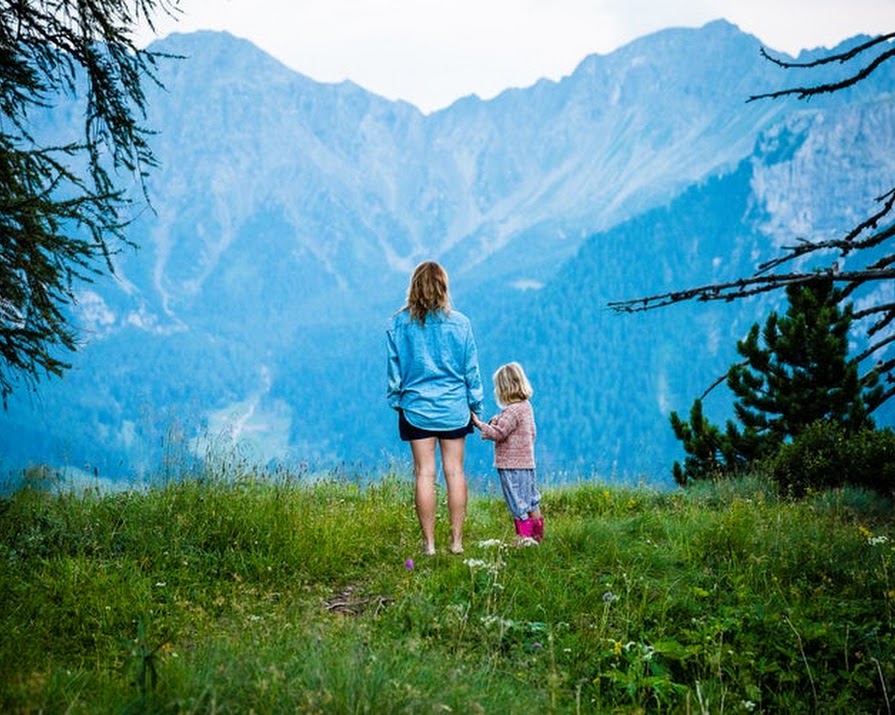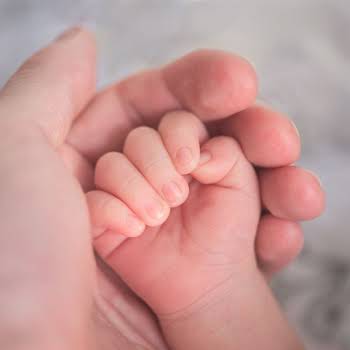By Jessie Collins
31st Oct 2017
31st Oct 2017
The continuing revelations of sexual harassment, now in every walk of life, have afforded us an amazing opportunity, one that could change our daughters’ lives in a way few of us thought possible, writes Jessie Collins.
We’ve never experienced a world without harassment, but now for our daughters, we can dream.
There has been so much to process from the fallout of the Harvey Weinstein scandal, and the groundswell of support captured by the #MeToo hashtag (which at its peak, was tweeted half a million times in 24 hours) but the way it made all women review their own life experiences has been perhaps the most extraordinary aspect of it – it’s made you think about every moment, stored away and filed in the dark, where you felt creeped out and uncomfortable, vulnerable and scared. Many of us had filed away these memories rarely relived, mostly not talked about.
It made most, if not all of us, realise that this has been a pattern we all lived with, accepted and excused for our whole lives. And that we were still overlooking an entire, and central part of the conversation around parity. When we thought about making a better world for our daughters, we thought about equal pay and equal opportunities, with all the same rights and recognition that men have – they could become CEOs, presidents, firefighters and be mothers, too. We wanted them to be able to enjoy it all. The big talking points reverted to penetrating the glass ceiling, gender quotas, diversity.
Our captivation in a system that has been mostly a power play outside of our control was so complete that too few of us even imagined a world where it could, should and would be illegal to intimidate a woman on the street. Wolf whistling, we had been conditioned to feel, was almost a term of endearment, something we should be only too happy to be in receipt of. There was a seemingly natural equation drawn between being catcalled and validation – once it stopped happening, you were in a different category, you were not really ‘hot’ anymore.
Everything about the kind of harassment millions of women have reported experiencing throughout their lives was normalised, including our uncomfortable and awkward feelings. It was just how things were. In retrospect it’s like we were all going round in some kind of inebriated stupor, immune to our own captivity, a mass condition of Stockholm Syndrome paralysing us all.
Part of the problem too was that we dared not dream. We dared not even imagine a world where if not we, then our daughter or our son, our niece or nephew too, could walk down the street on their way home from school and not be a focus for unwanted attention or intimidation. It may not have seemed like this was the biggest fight, the battle on which we should focus some of our greatest efforts. Yet if the experiences and outpourings of the last few weeks has shown us anything, it is that it is as much in among the shadows where the dirt gets stuck as in the seemingly wide open spaces of boardrooms and politics.
What so many women have done in sharing their stories is to document their experience and to out the massive presence of sexual and inappropriate behaviour that has been going on forever. Many who have experienced this are now in a position that they hopefully will not be in again, and so this flooding of shared memories is not only about change for now, it is about creating a new legacy.
Imagine your daughter or your niece as she begins puberty, starts to develop and transition into her teens. While she grapples with this enormous change and attempts to come to terms with all the confusion this can bring, as she walks to the shop in her school uniform, past a building site or a bunch of guys from school and they don’t leer at her, or pass comment at all. Maybe the guys she knows say hello, maybe even politely, and everyone else keeps going about their business.
At 42, I’m unlikely to be a focus for this kind of attention. But the legacy could be a seismic shift for my kids, for your kids, and for the dynamic between girls and boys as they then grow into men and women. If girls are not objectified, maybe you don’t comment on them and you don’t touch them inappropriately. Imagine a world where our daughters don’t have to cross the street to avoid a bunch of young guys, where she doesn’t wrap her coat around her a little tighter to try and shield the stares. Imagine her confidence, her real sense of equality, of the respect both the state, and society affords her. Imagine it, and hold on to it. This should be part of the #MeToo legacy, and a reality of their future.























